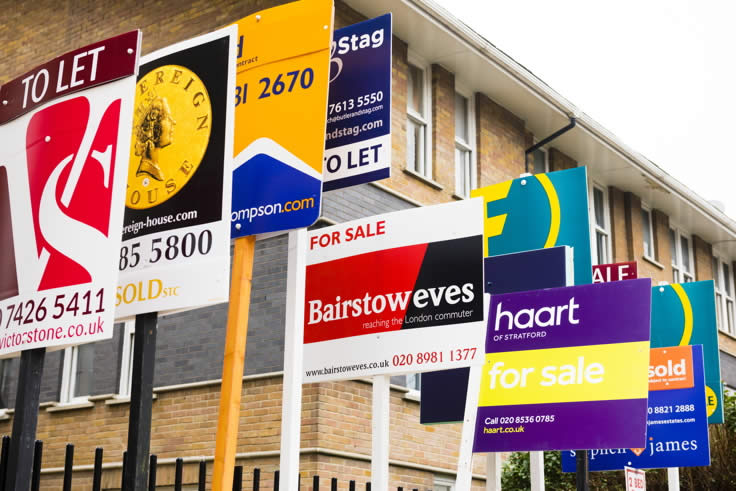The rise in interest rates announced yesterday was reported to be at the highest level since the recession in 2009. How will these rises affect mortgages, savings and property in general?
Aug 2018

The rise in interest rates announced yesterday was reported to be at the highest level since the recession in 2009. How will these rises affect mortgages, savings and property in general?
The good news is, if you’re on a fixed rate mortgage, the amount you pay every month will remain unchanged. However, when you come out of your fixed deal agreement, interest rates may have increased compared to when you last fixed your mortgage.
Even if you are on a tracker mortgage, it is unlikely that your monthly payments will increase significantly. A borrower with a £250,000 mortgage on a typical standard variable rate deal of 3.99% could expect to pay £400 extra per year, which is around £33 a month.
The problem will come if rates continue to rise – particularly if the rises are steady. That is when problems may occur as people begin to struggle to find the extra household income to bridge the gap.
Is this likely? Hopefully not. The Bank of England’s Mark Carney said the rises are likely to be “limited and gradual”, after all, it doesn’t make sense to push consumer and business confidence at an already-testing time. The backdrop of the economy is fragile, as is evident from the Bank of England’s Quarterly Inflation report, which acknowledges a grim picture for consumer spending, with further retail closures and a shift in consumer demand away from the high street in general.
Plus, as we edge further towards Brexit, uncertainty could well be at the forefront of the property market, as people delay purchasing or investment decisions until after the deal is done.
If you have any questions relating to property law, or you would like some further advice relating to conveyancing, lease extensions or even if you have been the victim of property fraud, contact Downs Solicitors to see how we can help.




.jpg)




